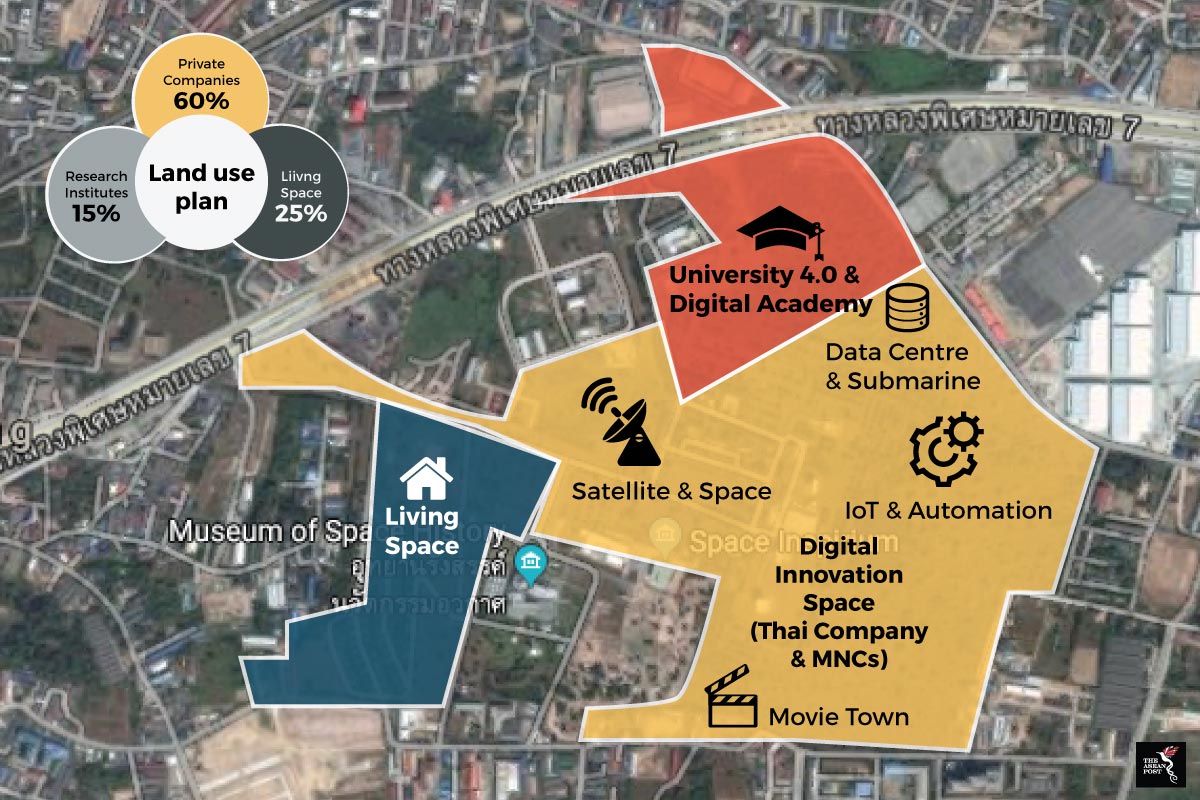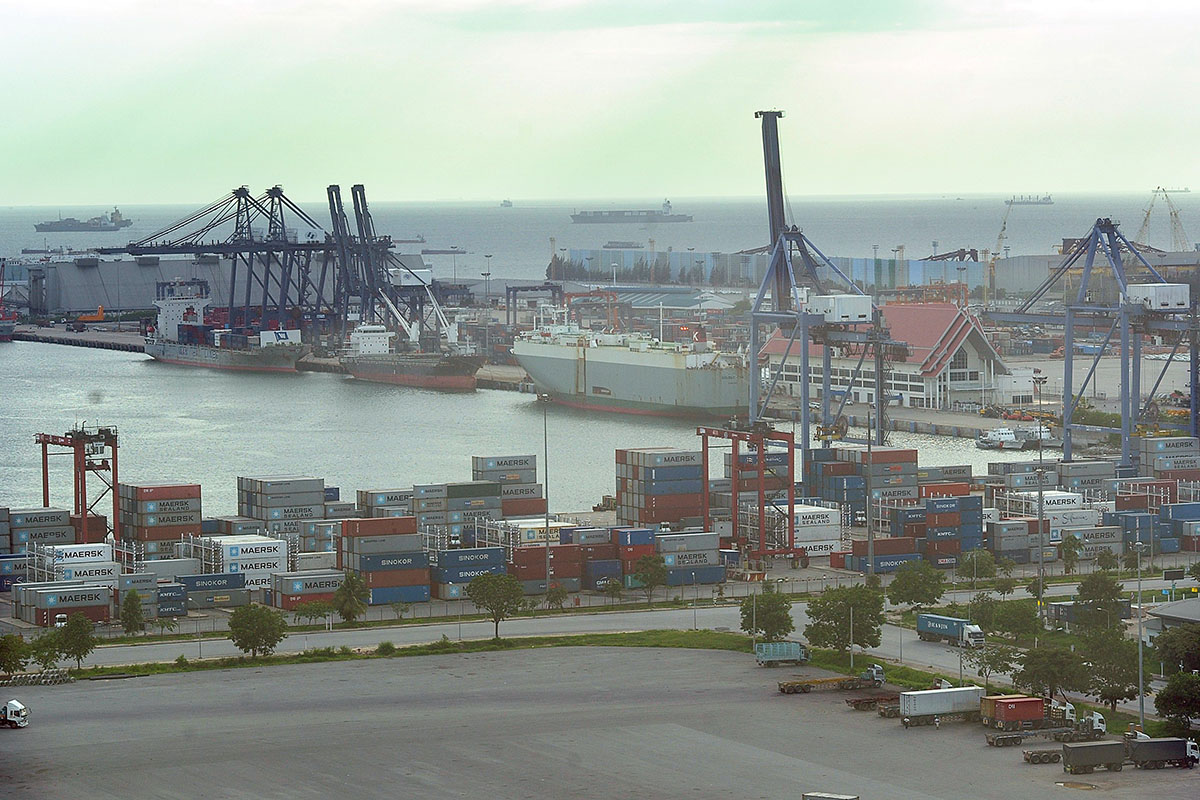In 2017, the Thai government launched Digital Park Thailand which is set to become a premier destination for digital business leaders, innovators and disruptors. The park is anticipated to serve as an “incubator” for digital businesses in the Southeast Asian region.
Digital Park Thailand strategically spans an area of over 113 hectares in the Chonburi province which is also part of Thailand’s Eastern Economic Corridor (EEC). This makes it a convenient hub for techpreneurs and tech titans alike looking to expand their operations in the region. The project has a five-year roadmap from 2018 until 2022.
What does it comprise of?
The park consists of four key elements that will supplement and safeguard successful digital businesses. Firstly, a Regional IoT Institute will serve as an IoT Design Center and Innovation Testbed as well as a playground and living lab in the park.
“The ministry will form a consortium of the government, private and education sectors, both domestic and international, to prepare IoT courses and drive IoT in the country to develop and promote the IoT business in various areas such as the automobile industry and manufacturing,” reported The Nation in 2017.
The institute is being constructed under a government budget of 3.5 billion baht, handled mainly by the Digital Economy Ministry and Digital Economy Promotion Agency (DEPA).
Secondly, it will serve as a Digital Service Hub. According to a Thailand Board of Investment (BOI) press release, the digital service hub “…will supplement the digital fulfilment streamline process facilities and physical logistics capacities of the park via rail and roadways that connect the region with Cambodia, Lao, Myanmar and Vietnam.”
Thirdly, the planned Fiber One Belt One Road will act as an open regional internet gateway for digital business that is built on submarine cables connected to a terrestrial network, making it a true data hub for the region. Fourth and finally, the establishment of a University 4.0 and Digital Academy Smart Living Space and Innovation Workplace will make the Digital Park an all-encompassing terminus for talent to live, work, learn and play in.
“Thailand’s strong internet connectivity, digital capabilities and sound infrastructure, as well as our superb quality of life, make it an excellent location for business leaders looking to relocate their digital businesses within ASEAN,” said Ajarin Pattanapanchai, Permanent Secretary of the Digital Economy and Society Ministry.
“Digital Park Thailand brings everything our country has to offer to tech innovators and digital leaders and consolidates it all in one place,” he added.
To date, the government is set to finish the final master plan for the park’s construction by March 2018 before commencing roadshows to attract foreign investment, reported the Bangkok Post. The project is being rolled out in two phases at the same time.
Phase 1 will see the construction of the IoT Institute while Phase 2 includes finalising the master plan, surveying and selecting partners for constructing infrastructure and utilities under a public-private partnership.

Source: digitalparkthailand.org
Good for the region
The Digital Park project is very much in line with Thailand’s 4.0 economic model. Furthermore, Thailand was recently ranked #26 on the World Bank’s Ease of Doing Business 2018 report. This in turn, has successfully enticed key global digital players as the country heads towards becoming one of the world’s leading digital destinations. One such global player already in the EEC is Switch International’s Supernap Thailand – which is expected to become one of the most secure and connected data centres in the world.
While wanting to become the region’s leading digital hub, Digital Park Thailand will face competition from other established digital hubs such as those already running in Singapore and Malaysia. The park will also play an important role as the ASEAN Economic Community’s (AEC) data hub. With this potential, Thailand will be capable of serving and meeting the demands of other global digital players and further benefitting the region as a thriving and innovative digital ecosystem.
